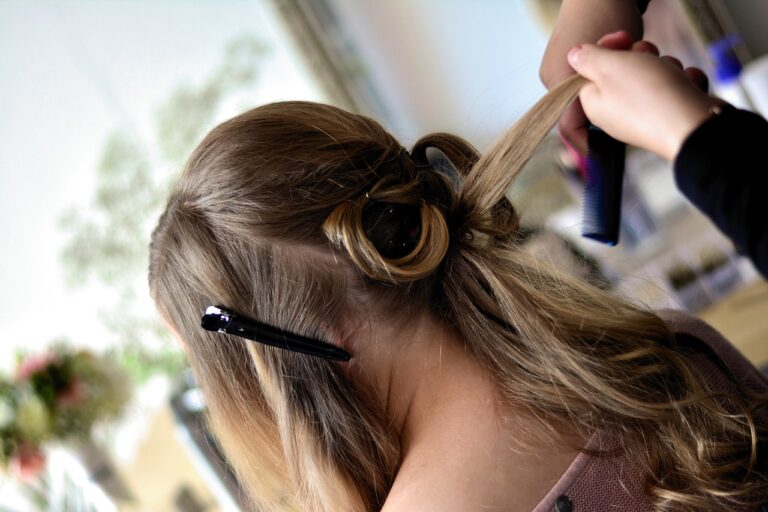The Psychology of Beauty Advertising: From Aspiration to Authenticity
Beauty standards have long been ingrained in society, shaping people’s perceptions of beauty and influencing their self-esteem. These standards are often perpetuated by the media, advertising, and popular culture, creating an unrealistic and narrow definition of beauty that many individuals feel pressured to conform to. From flawless skin to a certain body type, the beauty standards set by society can lead to feelings of inadequacy and a constant desire to measure up to an unattainable ideal.
Furthermore, the influence of beauty standards extends beyond physical appearance, affecting various aspects of individuals’ lives, including their relationships, career opportunities, and overall well-being. Research has shown that individuals who internalize society’s beauty standards are more likely to experience body dissatisfaction, low self-esteem, and even mental health issues. Understanding the impact of beauty standards is essential in challenging and reshaping these societal norms to promote a more inclusive and diverse definition of beauty.
Exploring the Impact of Idealized Beauty Images
Idealized beauty images have become a prevalent component of our society, constantly bombarding us through various forms of media. Portrayed as flawless and unattainable, these images often set unrealistic standards for beauty, leading individuals to compare themselves unfavorably. The barrage of idealized beauty images in advertisements, magazines, and social media platforms can significantly impact self-esteem and body image perceptions among individuals.
Consequently, exposure to these idealized beauty images has been linked to a rise in body dissatisfaction and feelings of inadequacy. Research suggests that individuals who frequently consume such images may experience heightened levels of anxiety and depression, as they strive to measure up to these unachievable standards of beauty. The pressure to conform to these ideals can result in a variety of negative consequences, including unhealthy dieting practices, disordered eating behaviors, and even body dysmorphia.
The Role of Social Comparison in Beauty Advertising
Social comparison in beauty advertising serves as a powerful mechanism that influences consumer behavior. By presenting idealized beauty images that are often unattainable, advertising campaigns prompt individuals to compare themselves to these standards, leading to feelings of inadequacy and dissatisfaction. This comparison can ignite a desire in consumers to purchase products or services that promise to help them achieve a similar ideal of beauty, perpetuating a cycle of consumption driven by societal pressures.
Moreover, the prevalence of social comparison in beauty advertising can have detrimental effects on individuals’ self-esteem and mental well-being. Constant exposure to these unrealistic beauty standards can breed feelings of inferiority and low self-worth among consumers who fail to measure up. This can contribute to body image issues, eating disorders, and overall dissatisfaction with one’s appearance, highlighting the significant impact that beauty advertising can have on shaping individuals’ perceptions of themselves.





